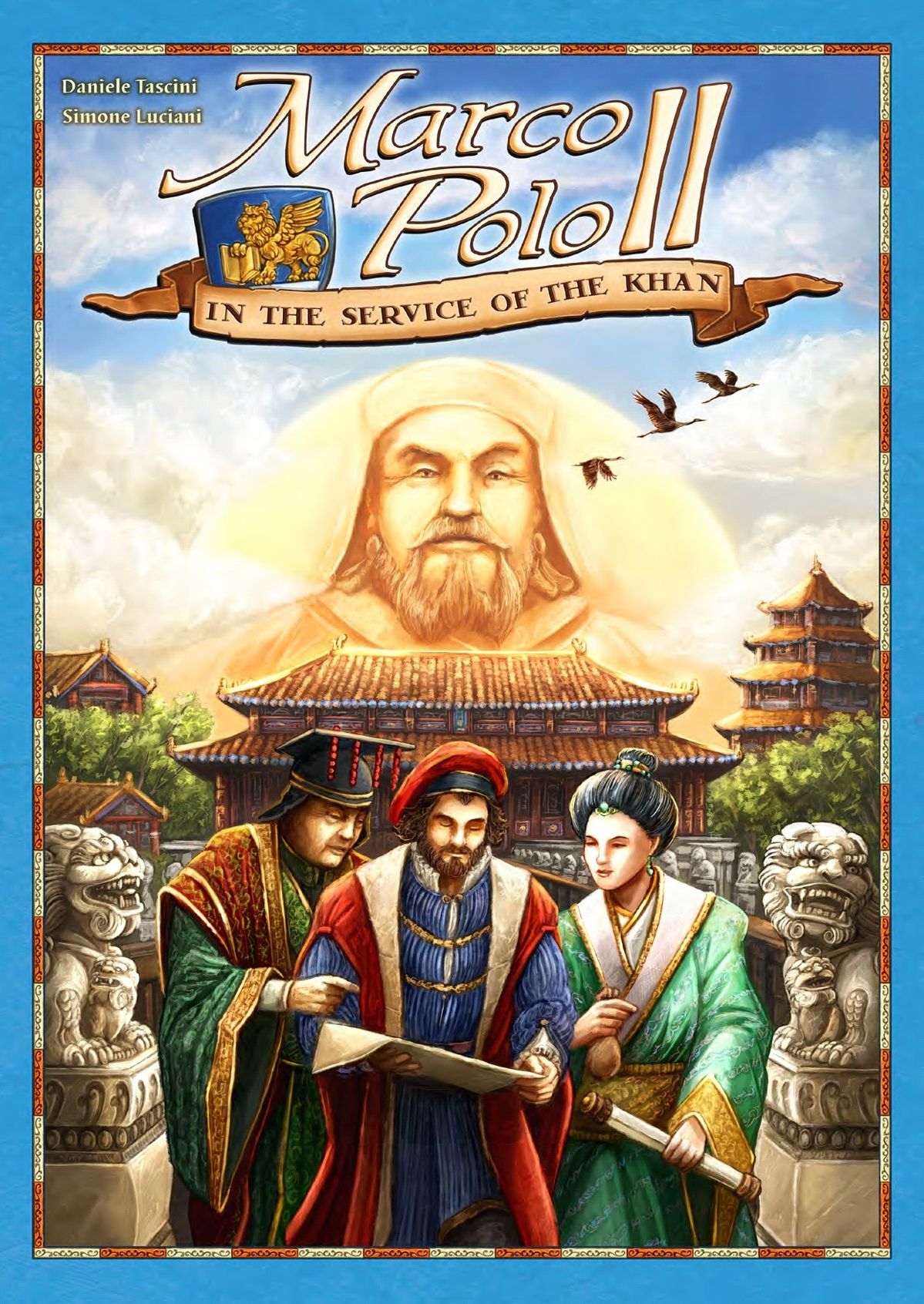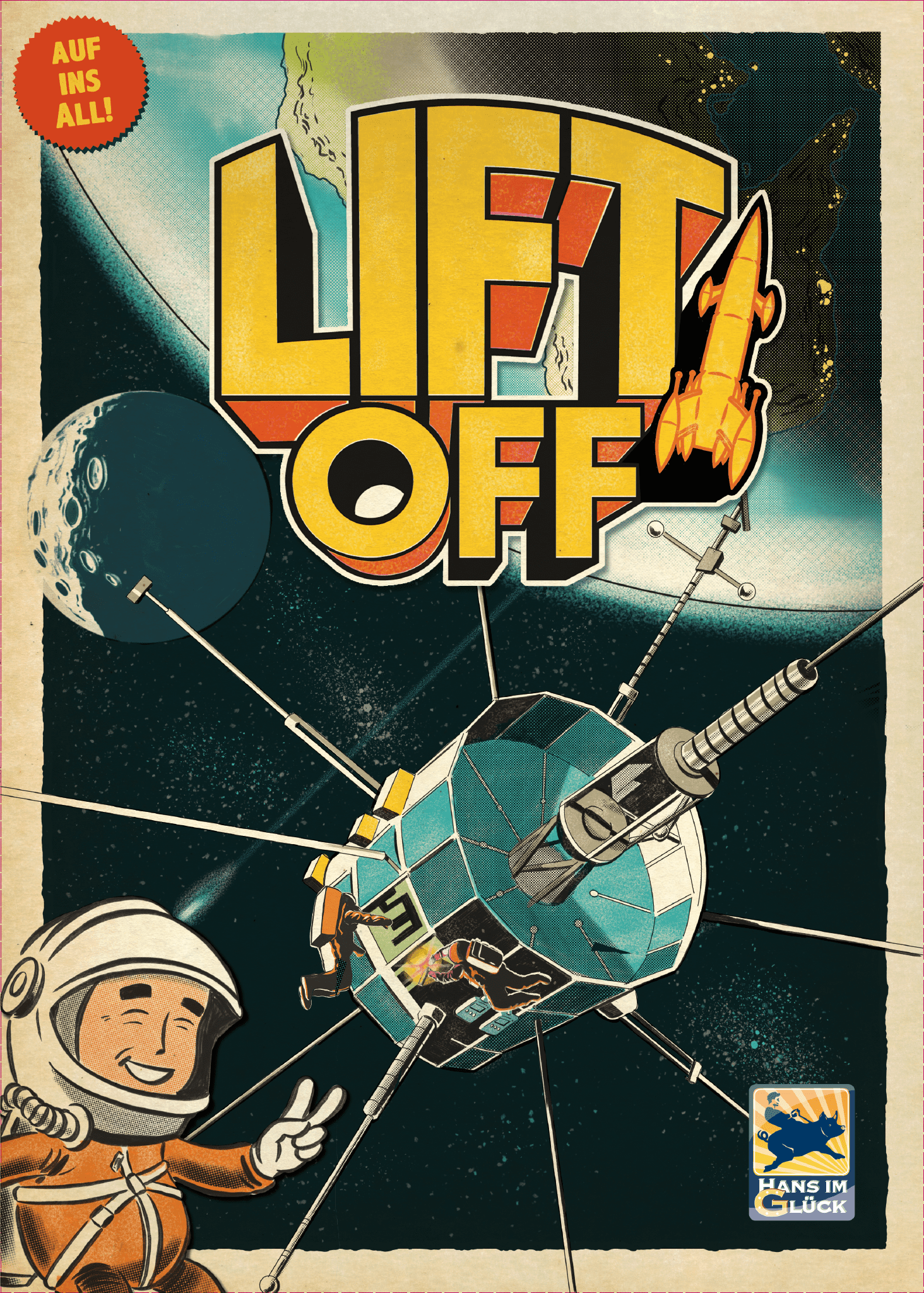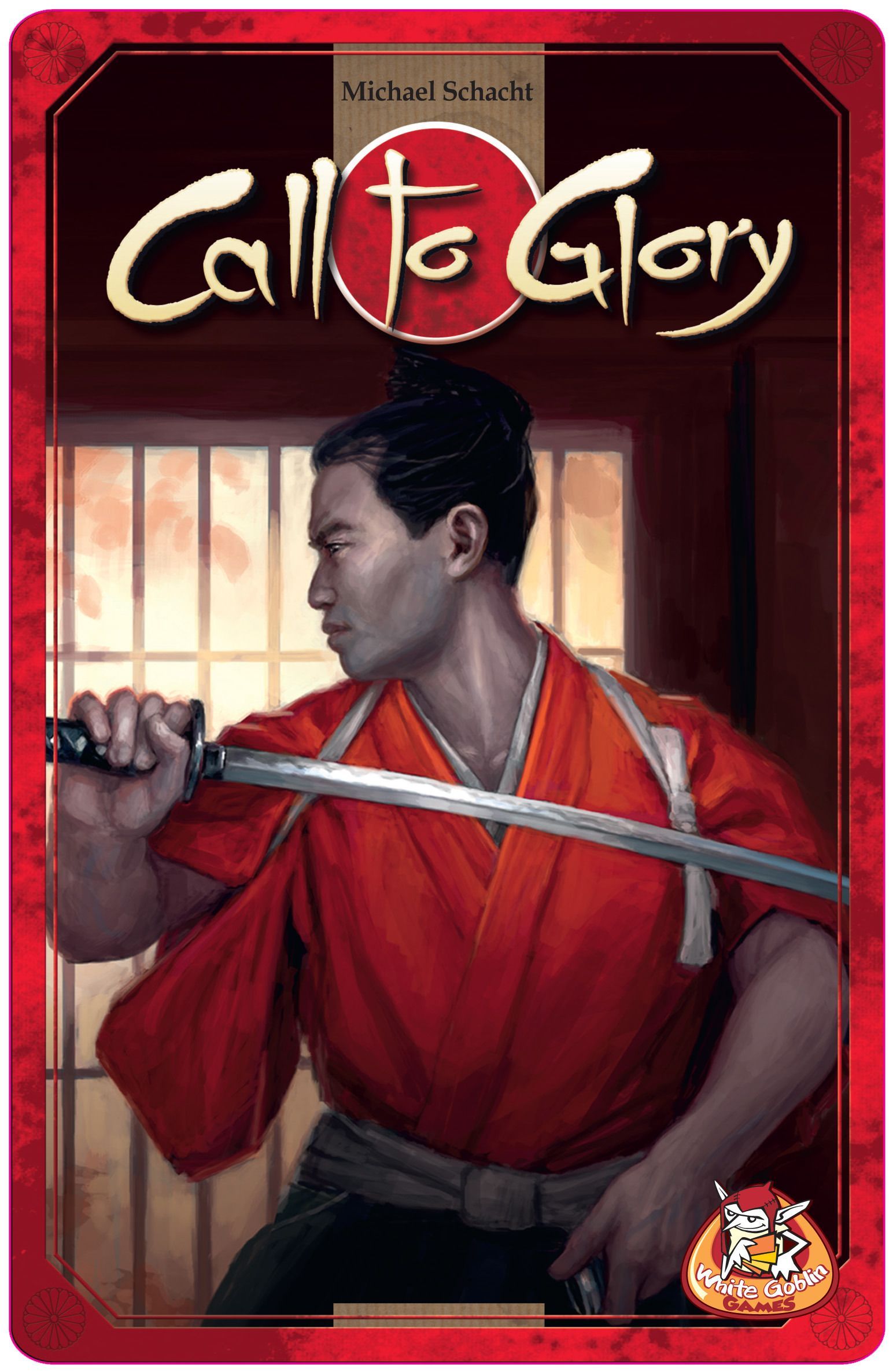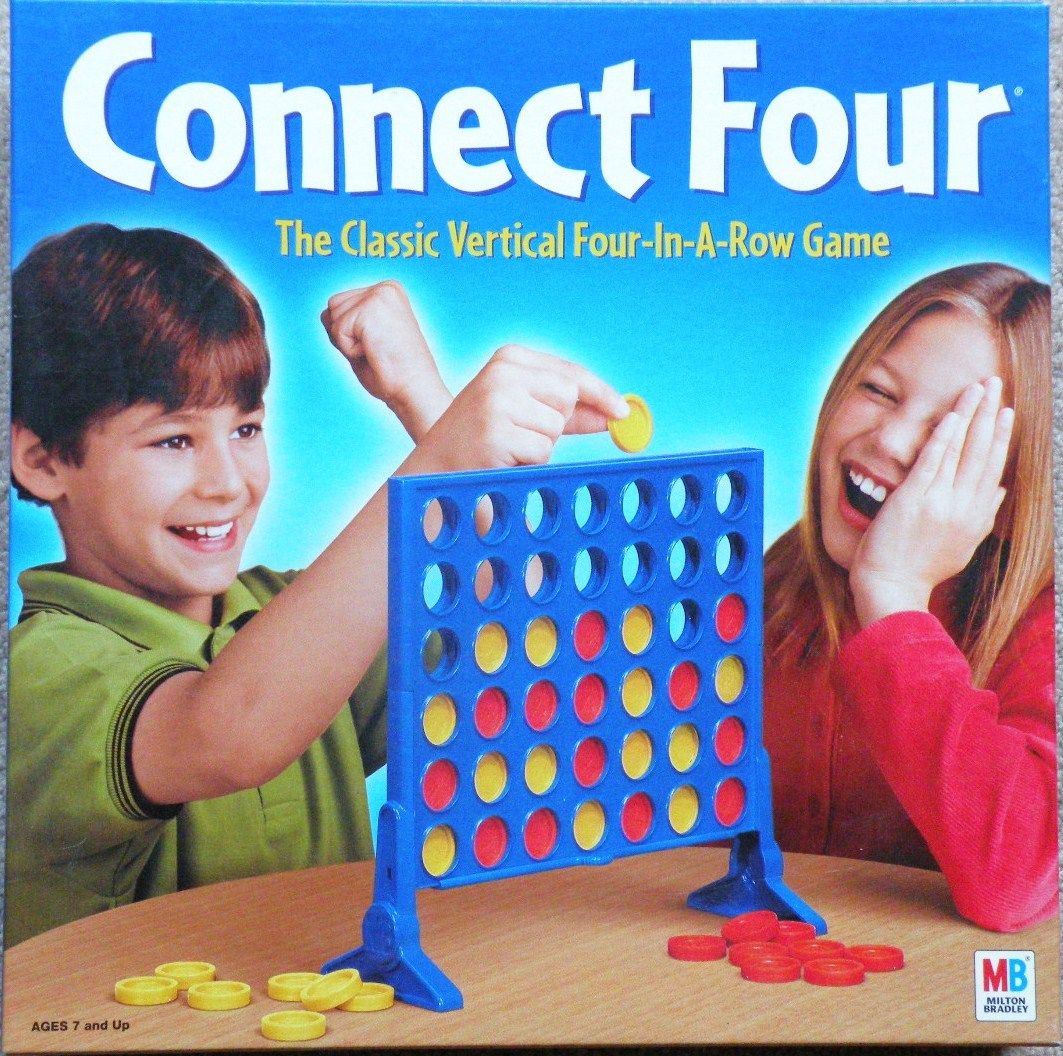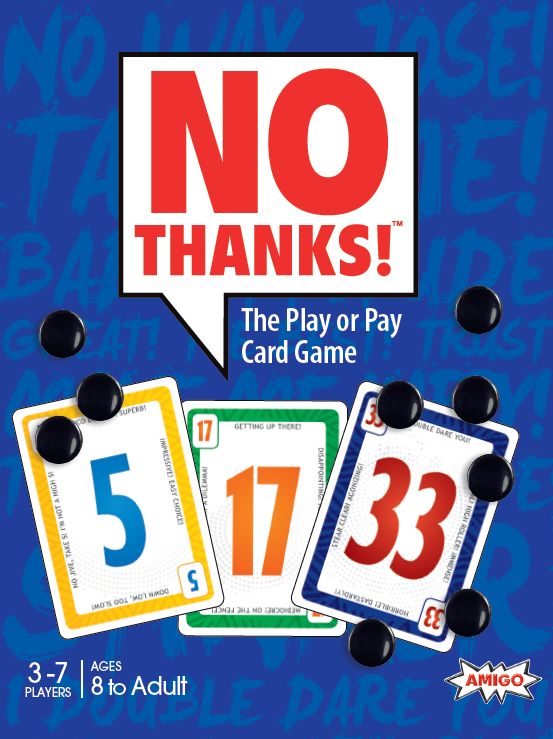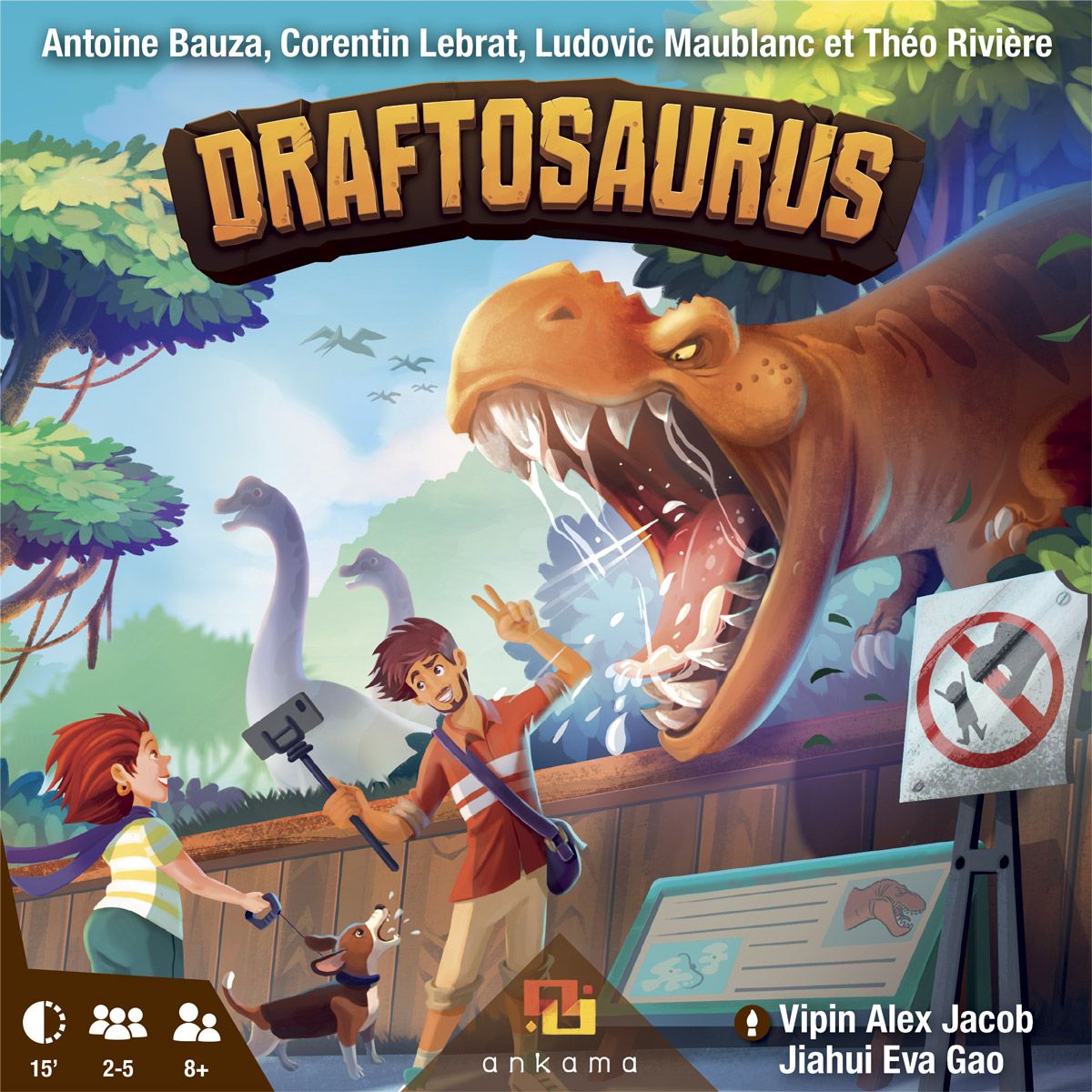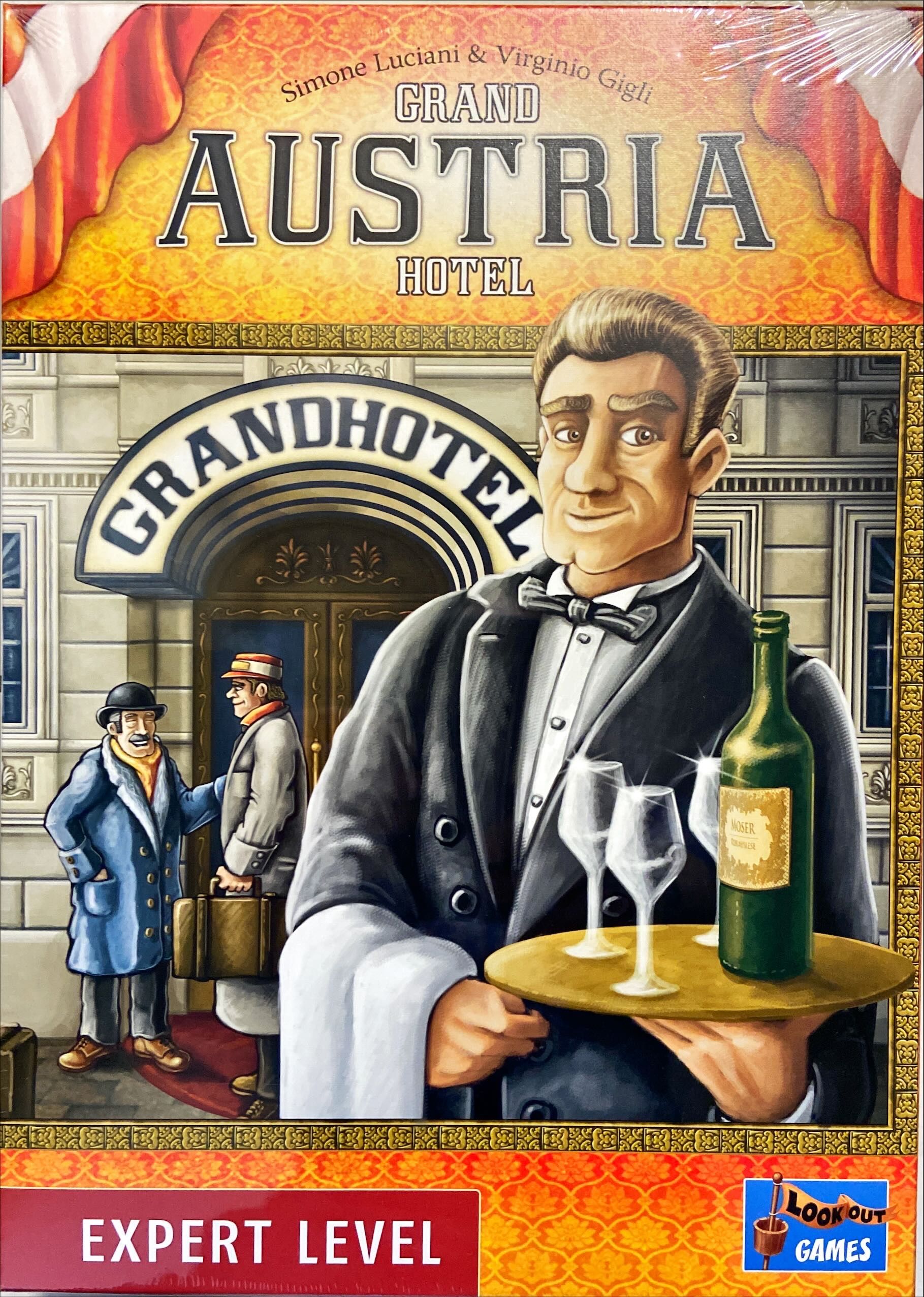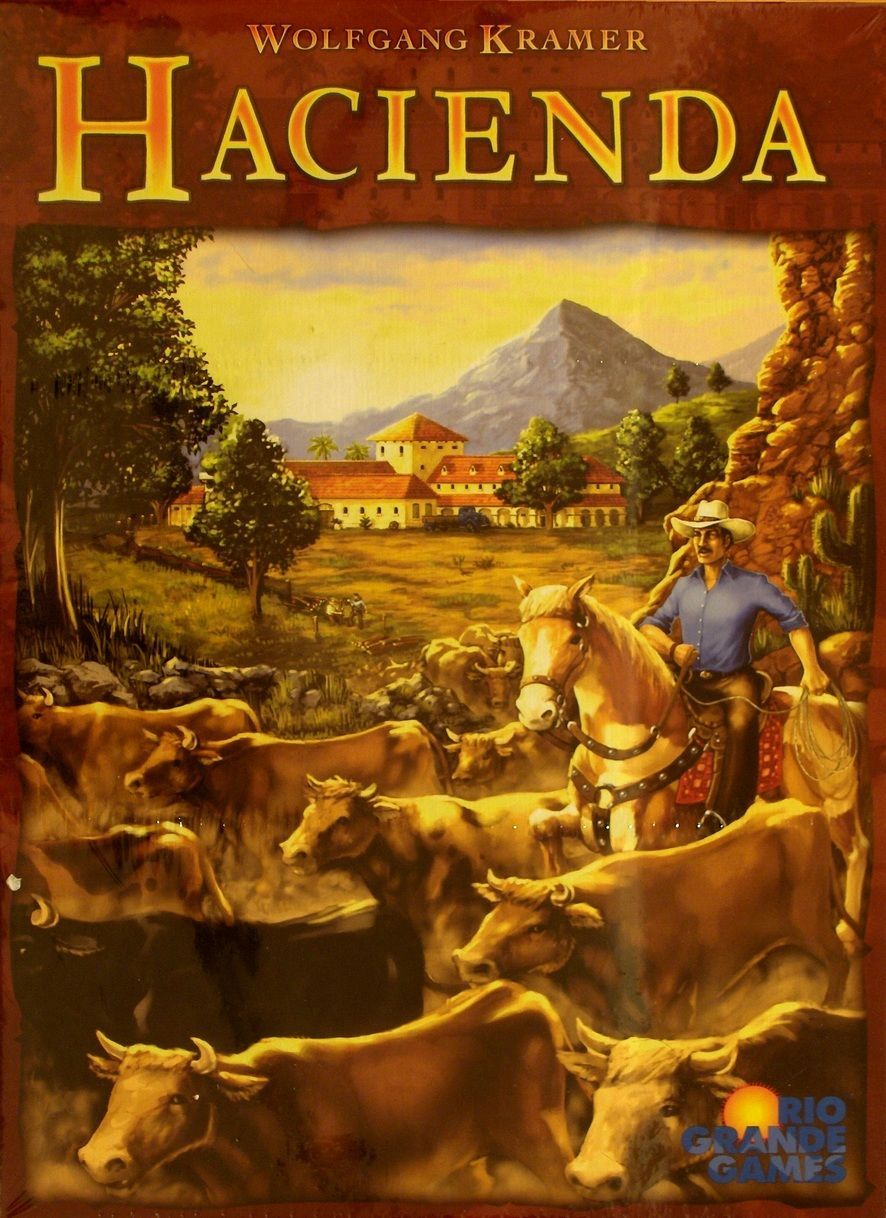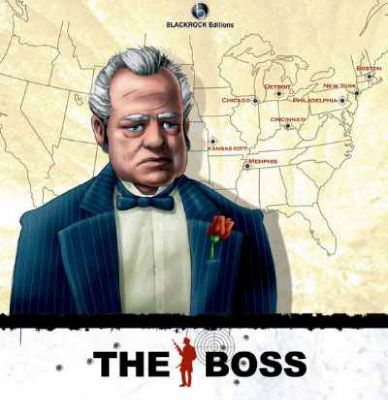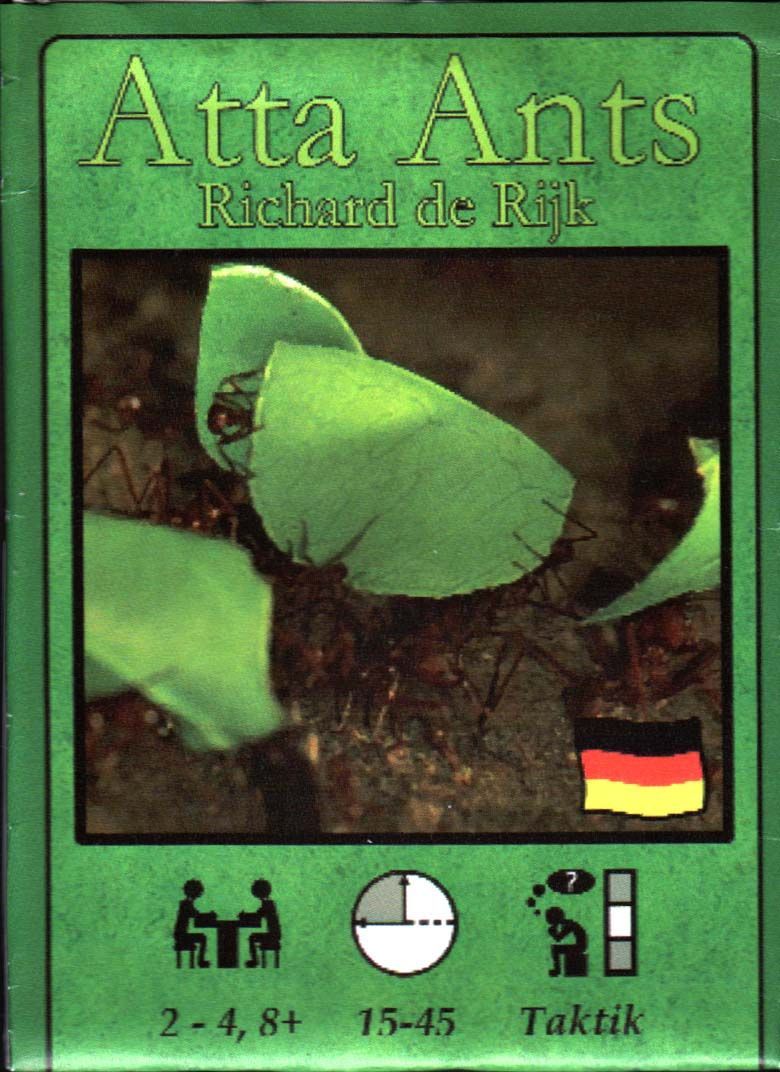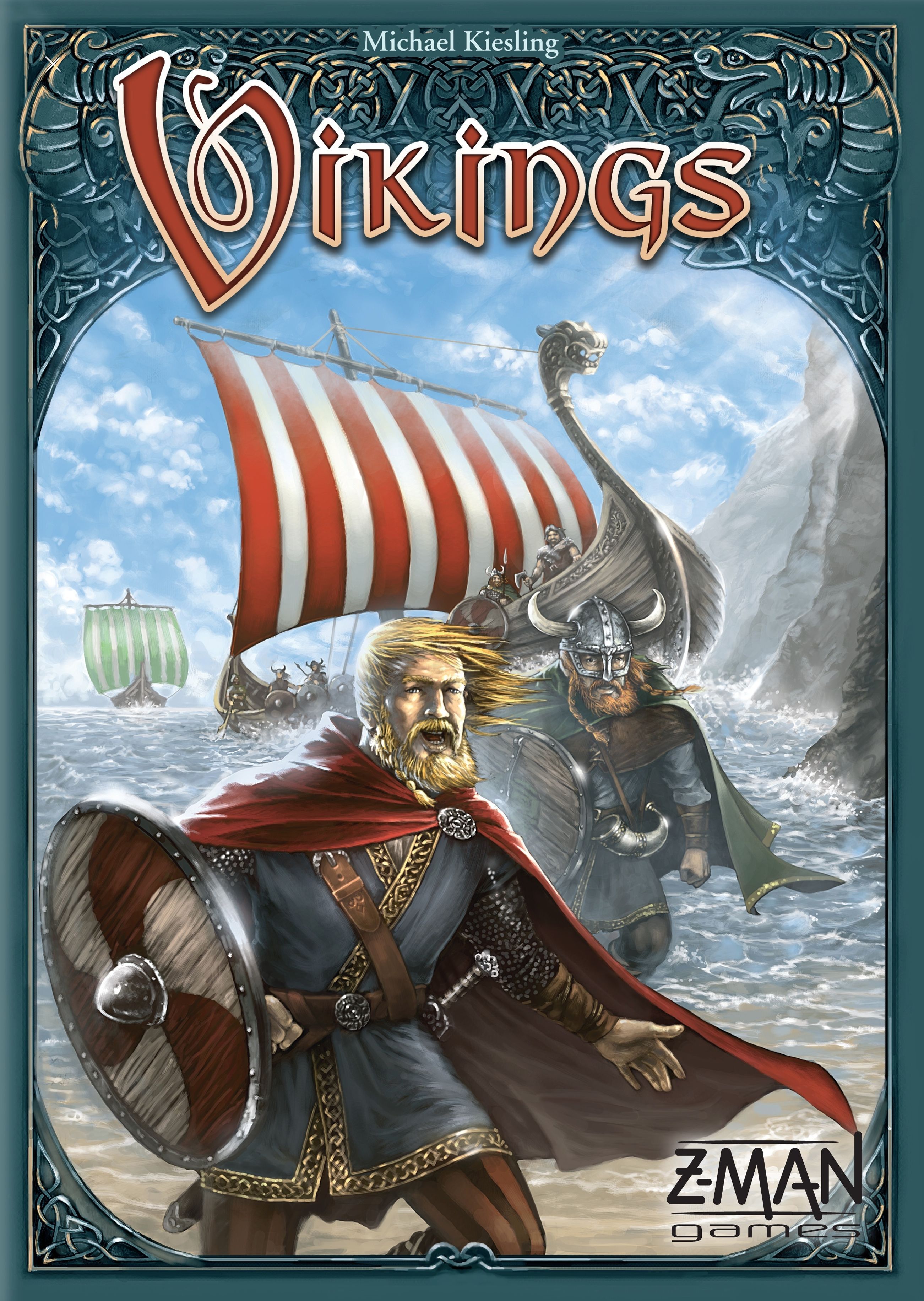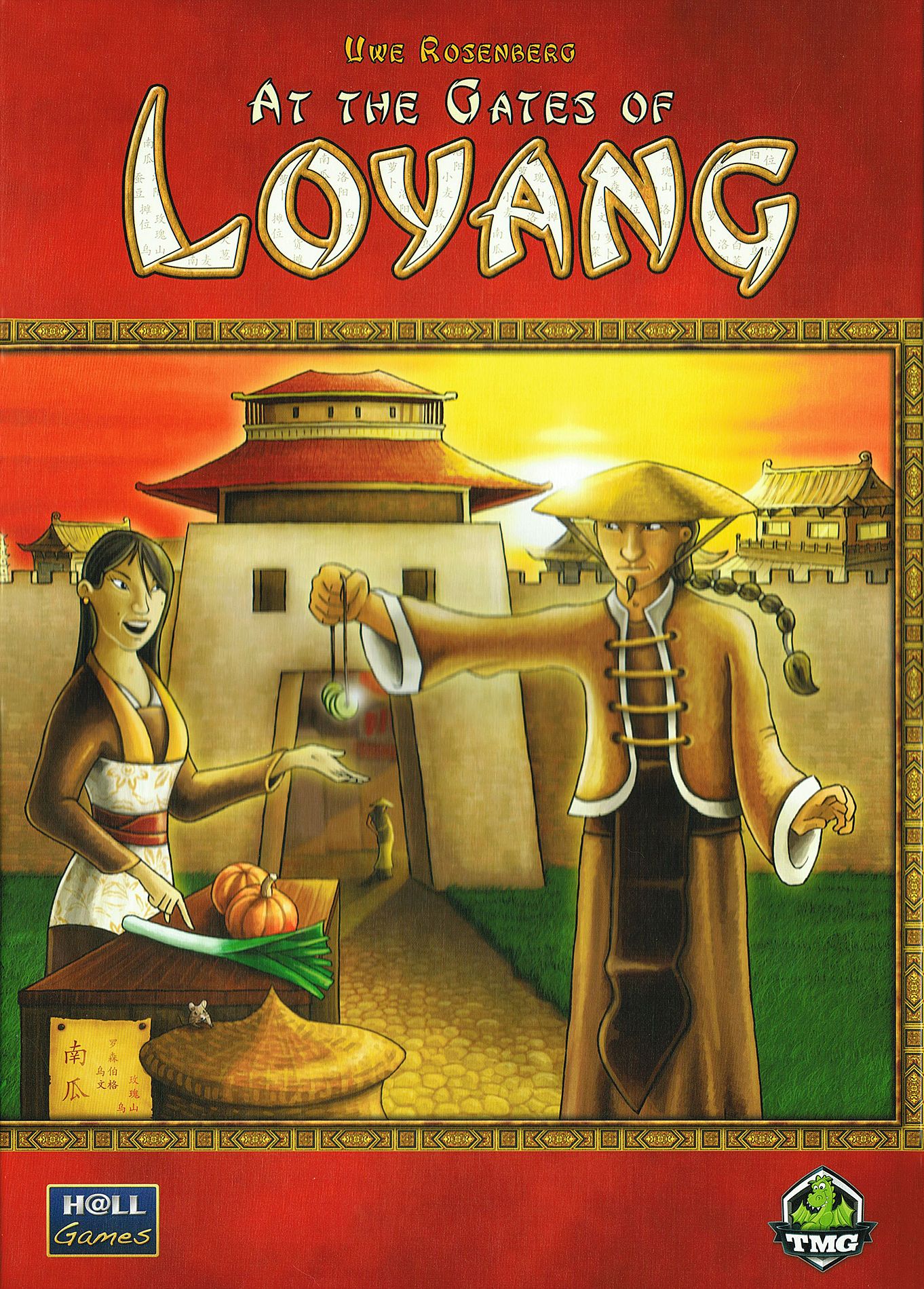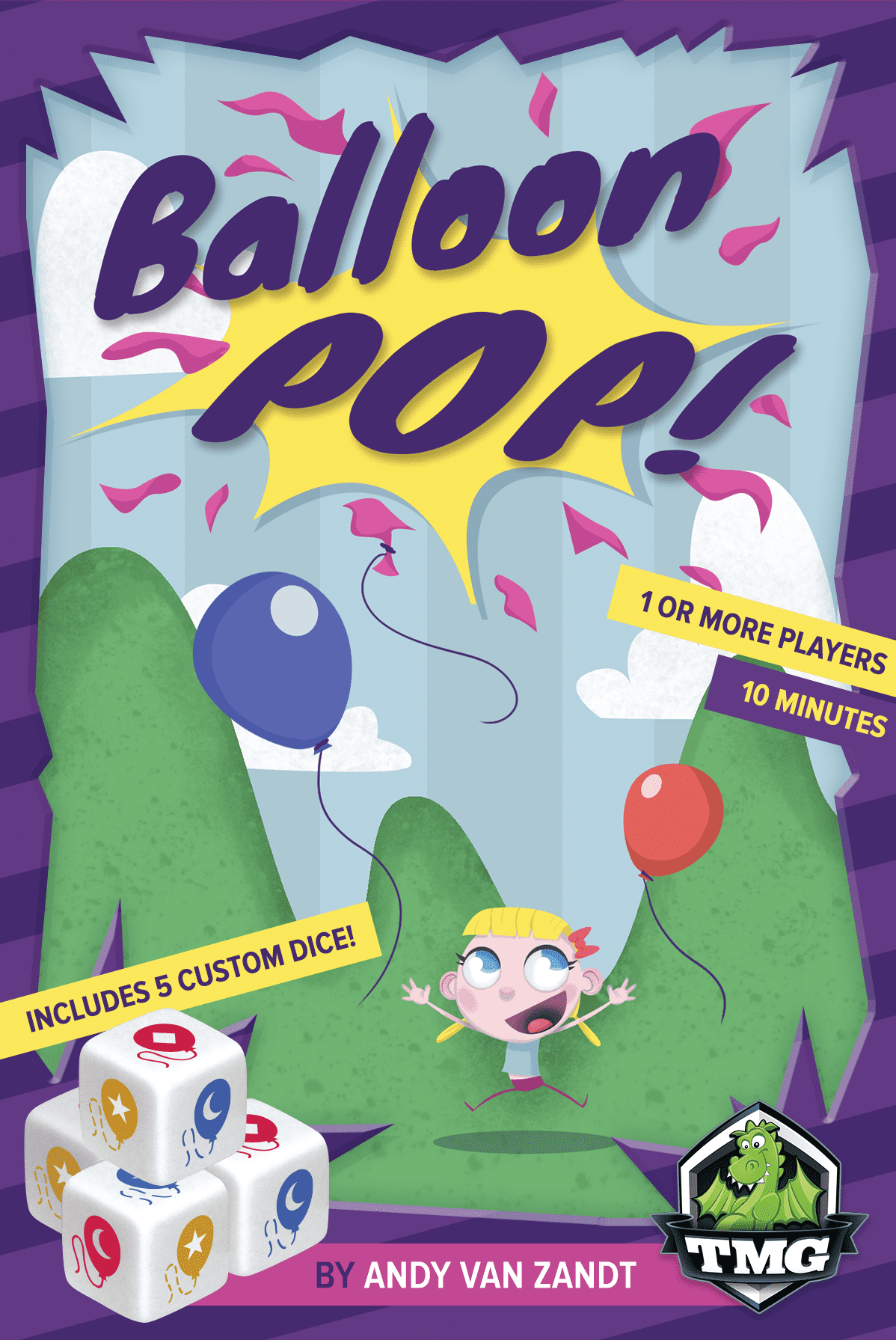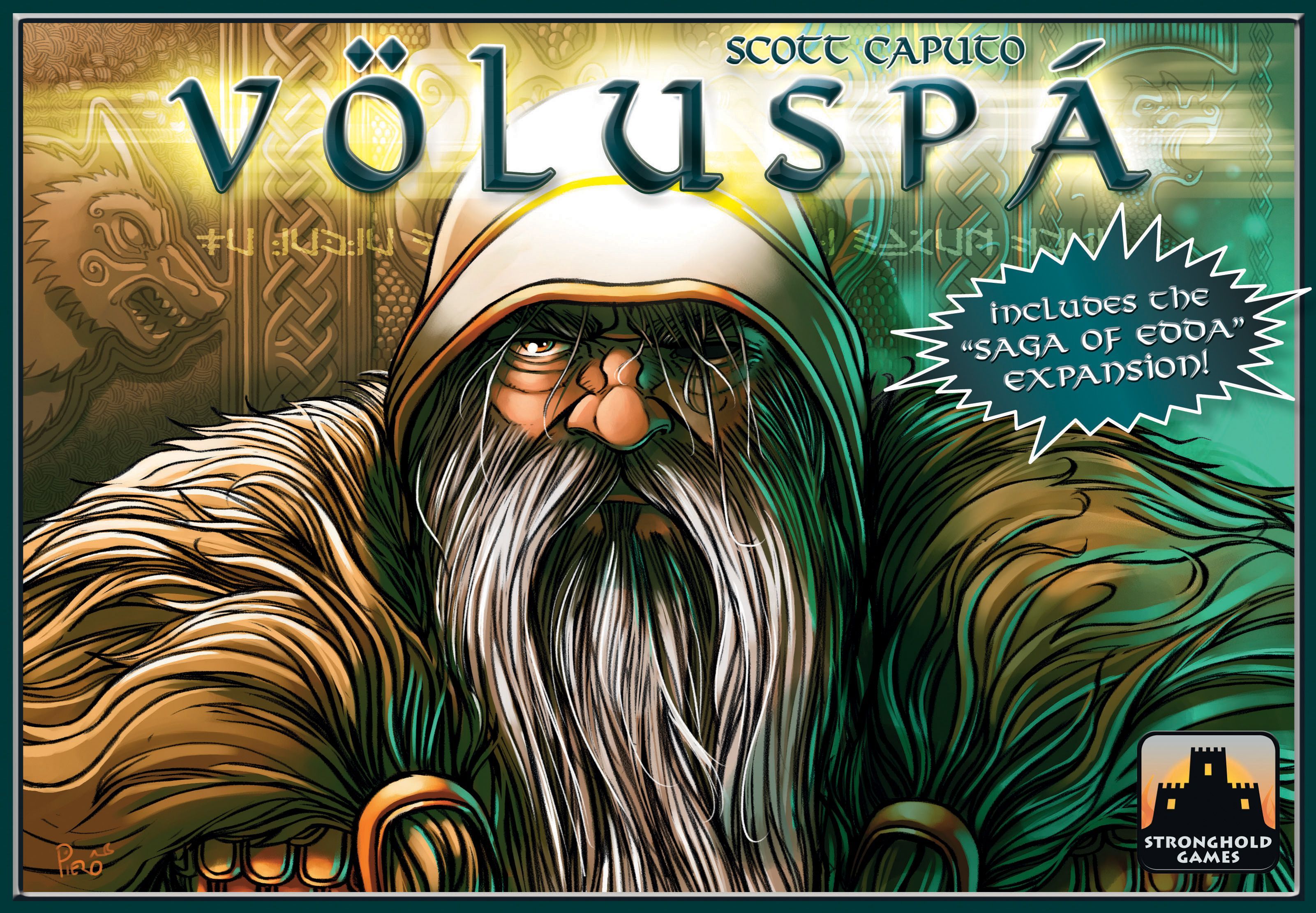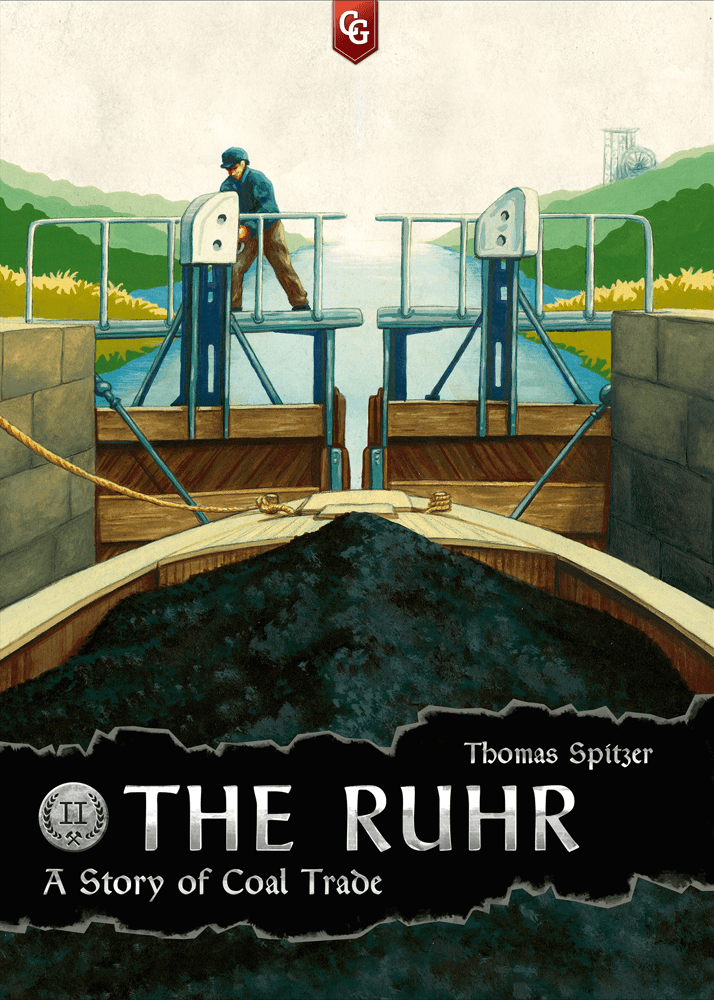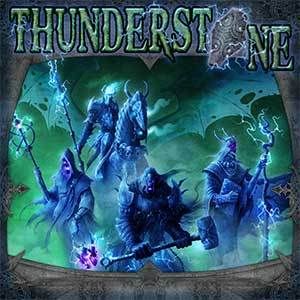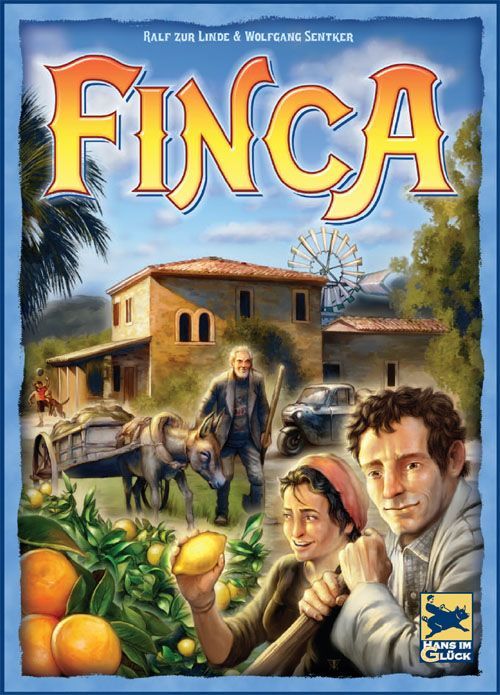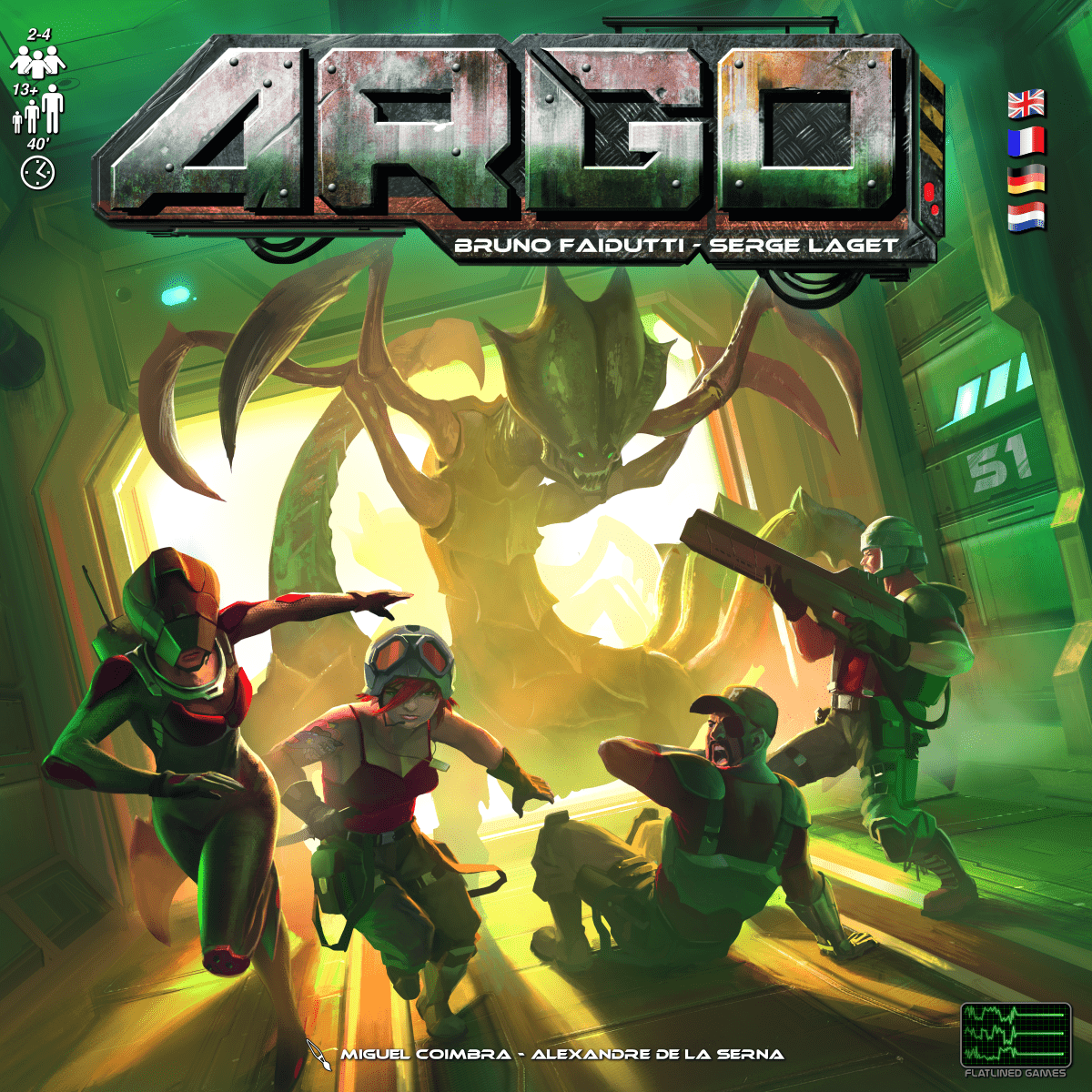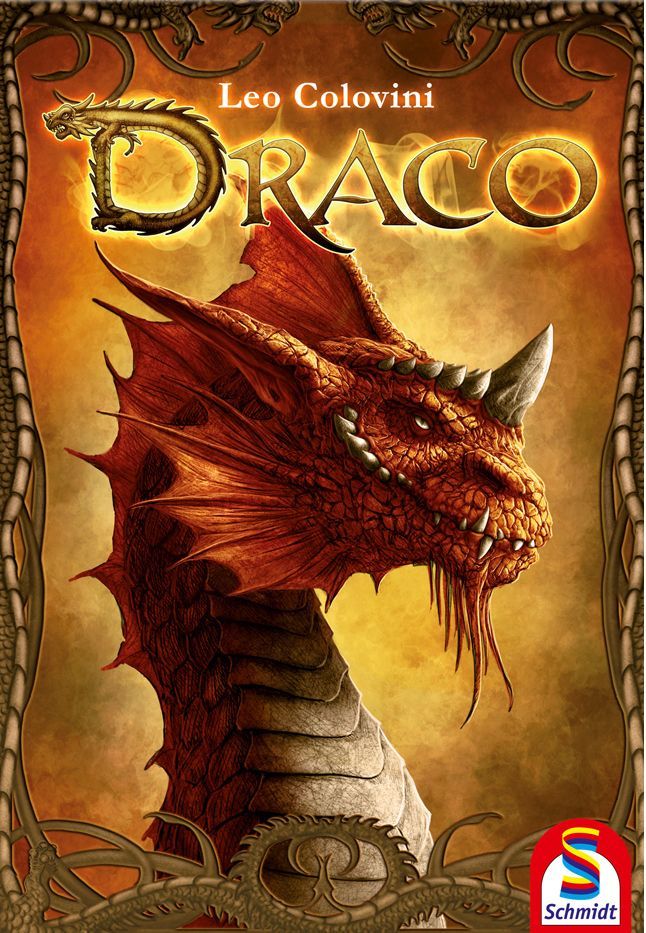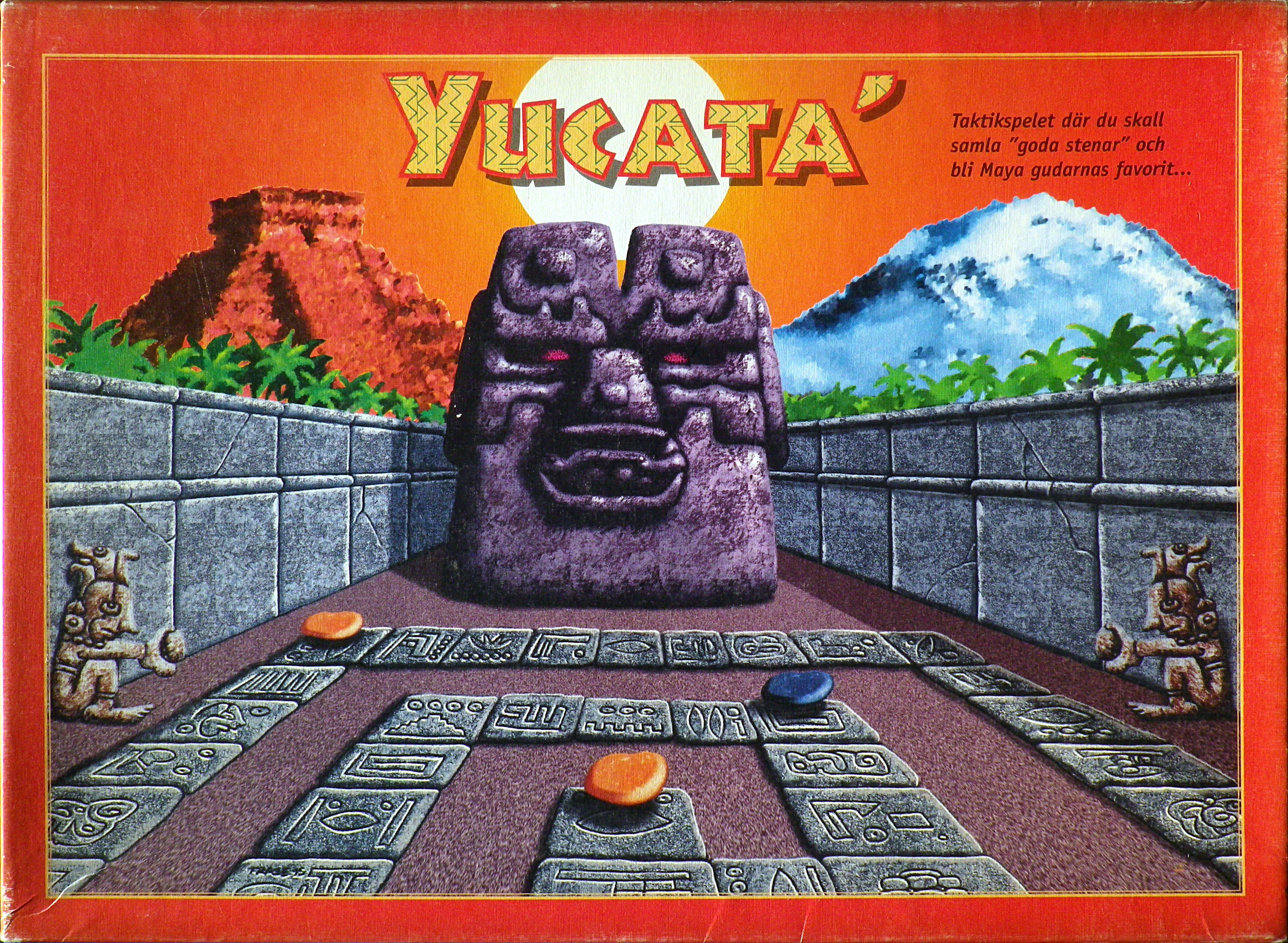Marco Polo II: In the Service of the Khan BGG
other title:
Marco Polo II
/
Marco Polo II: Agli Ordini del Khan
…
genre:
Dice
/
Economic
…
platform:
Boardgame
publisher:
Hans im Glück
/
999 Games
…
The journeys of Marco Polo continue in Marco Polo II: In the Service of the Khan, an epic follow-up to The Voyages of Marco Polo. After traveling to Beijing, your travels now take you back to the West in the service of the Khan, sending you to the farthest reaches of his empire in search of wealth and fame.
Marco Polo II is a standalone game based on The Voyages of Marco Polo, and you don't need the original game to play this one. This new journey will present unique challenges, with new and different actions, new scoring rules, and a new good: rare and valuable Chinese jade.
Retread old paths with renewed purpose, or find new ones as you explore farther west, continuing to build the immortal legacy of Marco Polo!
—description from the publisher
Marco Polo II is a standalone game based on The Voyages of Marco Polo, and you don't need the original game to play this one. This new journey will present unique challenges, with new and different actions, new scoring rules, and a new good: rare and valuable Chinese jade.
Retread old paths with renewed purpose, or find new ones as you explore farther west, continuing to build the immortal legacy of Marco Polo!
—description from the publisher
